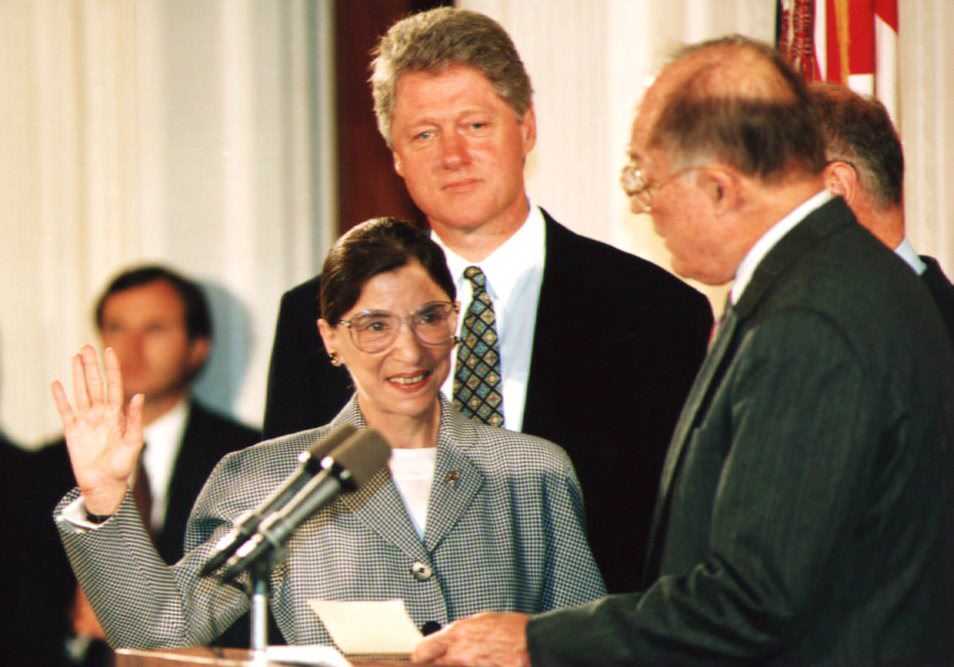Confirmation Conflict: What’s ahead to fill the Supreme Court vacancy

Testing on staging11
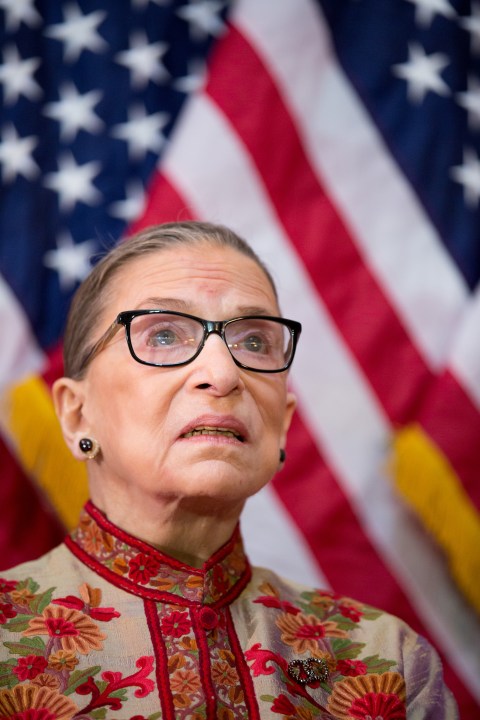
WASHINGTON (NewsNation Now) — President Donald Trump may have the opportunity to make his third nomination to the Supreme Court of the United States. Just hours after the death of Justice Ruth Bader Ginsburg, Senate Majority Leader Mitch McConnell put the wheels in motion to hold a vote for whomever Trump nominates.
“President Trump’s nominee will receive a vote on the floor of the United States Senate,” McConnell said in a statement Friday night.
Democrats, including presidential nominee Joe Biden, argue the Senate shouldn’t confirm anyone Trump nominates, and instead wait until after the Nov. 3 election.
“If I win this election, Trump’s nominee should be withdrawn,” Biden said Sunday. “As a new President, I should be the one who nominates Justice Ginsburg’s successor.”
Trump said it’s his Constitutional right.
“So, Article II of our Constitution says ‘the President shall nominate justices of the Supreme Court,'” President Trump said Saturday at a campaign rally. “I don’t think it can be any more clear, can it? I don’t think so.”
The confirmation conflict could come down to a handful of Senators. Over the weekend, Sen. Lisa Murkowski (R-Alaska) said she would not support her colleagues taking up a nomination.
“For weeks, I have stated that I would not support taking up a potential Supreme Court vacancy this close to the election. Sadly, what was then a hypothetical is now our reality, but my position has not changed. I did not support taking up a nomination eight months before the 2016 election to fill the vacancy created by the passing of Justice Scalia. We are now even closer to the 2020 election – less than two months out – and I believe the same standard must apply.”
Sen. Lisa Murkowski (R-ALaska) in a statement
Murkowski’s decision is based on her party’s choice to block President Barack Obama’s nominee, Merrick Garland, to the nation’s high court in 2016.
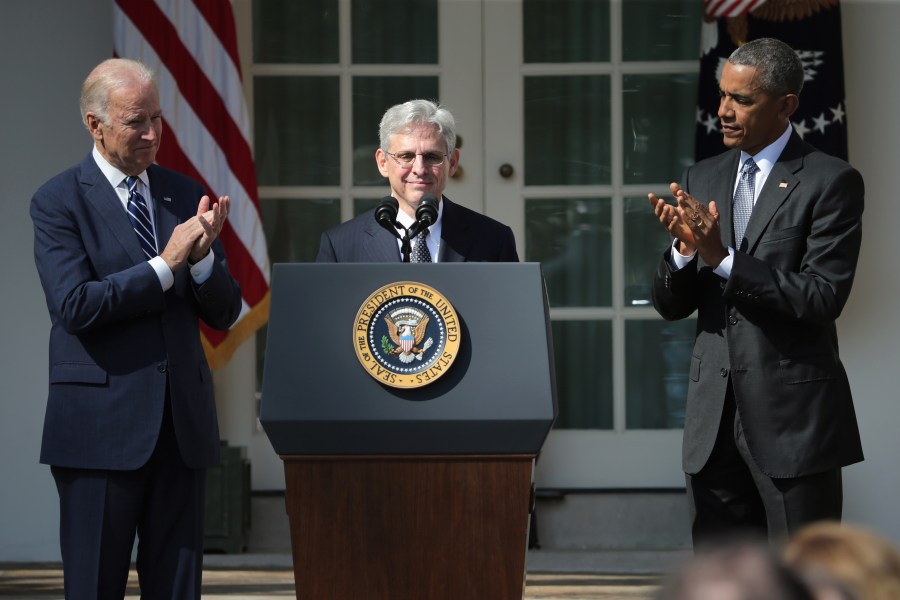
McConnell, in his Friday statement, said the circumstances were different.
“In the last midterm election before Justice Scalia’s death in 2016, Americans elected a Republican Senate majority because we pledged to check and balance the last days of a lame-duck president’s second term. We kept our promise. Since the 1880s, no Senate has confirmed an opposite-party president’s Supreme Court nominee in a presidential election year.
By contrast, Americans reelected our majority in 2016 and expanded it in 2018 because we pledged to work with President Trump and support his agenda, particularly his outstanding appointments to the federal judiciary. Once again, we will keep our promise.”
Senate Majority Leader Mitch McConnell in a statement
Another key Republican to break from her party this weekend was Sen. Susan Collins (R-Maine). She said she has no objection to the Senate Judiciary Committee to begin the process of reviewing the credentials of President Trump’s nominee.
“Given the proximity of the presidential election, however, I do not believe the Senate should vote on a nominee prior to the election. In the fairness to the American people, who will either be re-electing the President or selecting a new one, the decision on a lifetime appointment to the Supreme Court should be made by the President who is elected on November 3rd.”
Sen. Susan Collins (R-Maine) in a statement
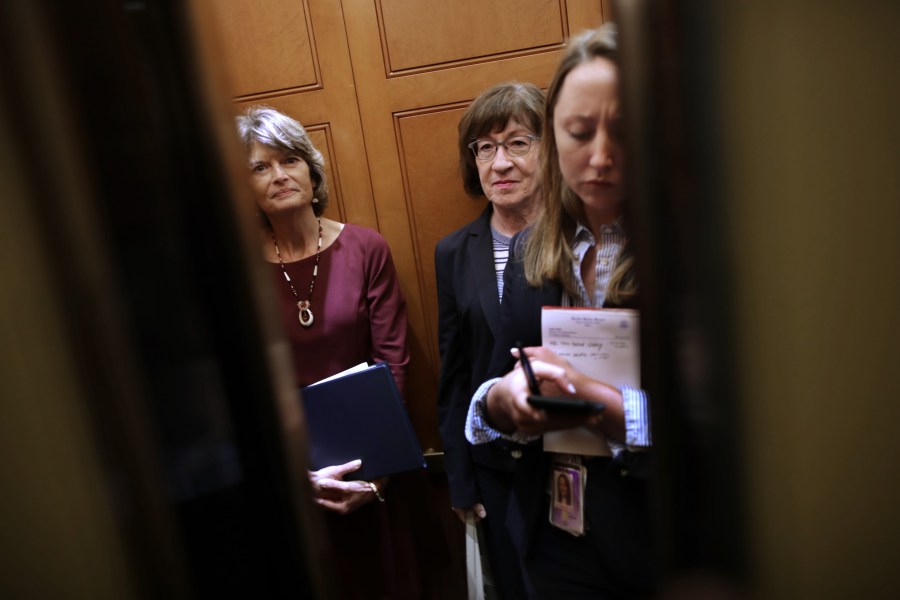
According to her granddaughter, 87-year-old Ginsburg dictated a statement before her death Friday from metastatic pancreatic cancer:
“My most fervent wish is that I will not be replaced until a new president is installed.”
Justice Ruth Bader Ginsburg in a statement first reported by Npr
There are many different scenarios for how the situation could play out over the coming weeks and months, but President Trump urged the Senate to consider his upcoming nomination “without delay.”
On Monday, eyes will be on several key Republican senators who have not stated how they will act, including: Sen. Mitt Romney (R-Uah), Sen. Cory Gardner (R-CO) and Sen. Chuck Grassley (R-Iowa).
There’s also the wild card special election for Sen. John McCain’s former seat in Arizona. The seat, which is currently held by Sen. Martha McSally (R-AZ), could shrink the Republican Senate majority in late November.
If Arizona Democrat Mark Kelly wins a seat in the U.S. Senate, he could take office as early as Nov. 30, according to state law.
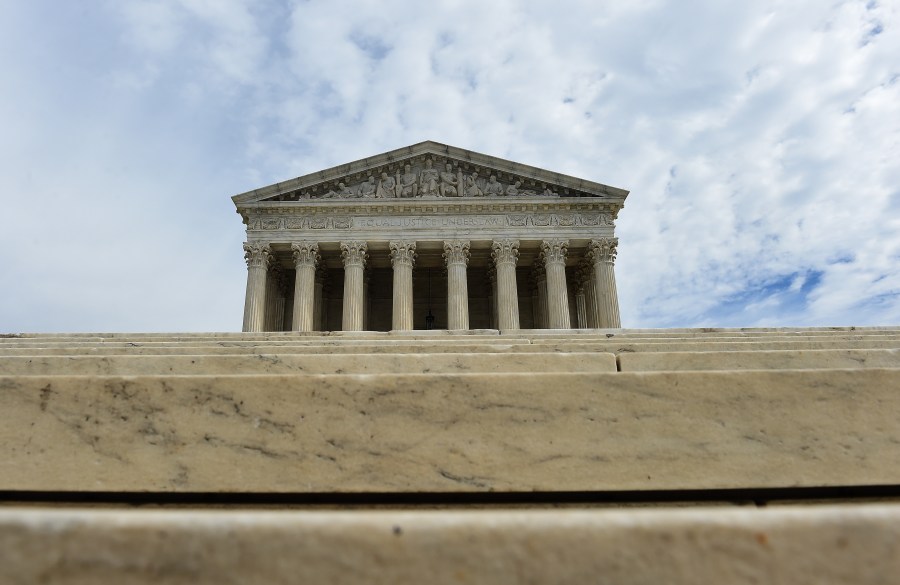
Judiciary Committee chairman Sen. Lindsey Graham (R-SC) and retiring Sen. Lamar Alexander (R-TN) were considered key swing votes, and both stated over the weekend they plan to move forward with the confirmation process.
If Democrats stick together, the party will only need four Republican senators to break from their leaders. If only three break, a tie would be broken by Vice President Mike Pence.
All of this talk comes without knowing who the nominee is, yet. President Trump is expected to announce his nominee this week. On Saturday, he made the declaration he would choose a woman.
There are at least 11 women on his list, according to NewsNation’s research team.
Former Vice President Biden has not released his list of potential nominees for the Supreme Court.
President Trump has already appointed two justices to the Supreme Court: Neil Gorsuch and Brett Kavanaugh.
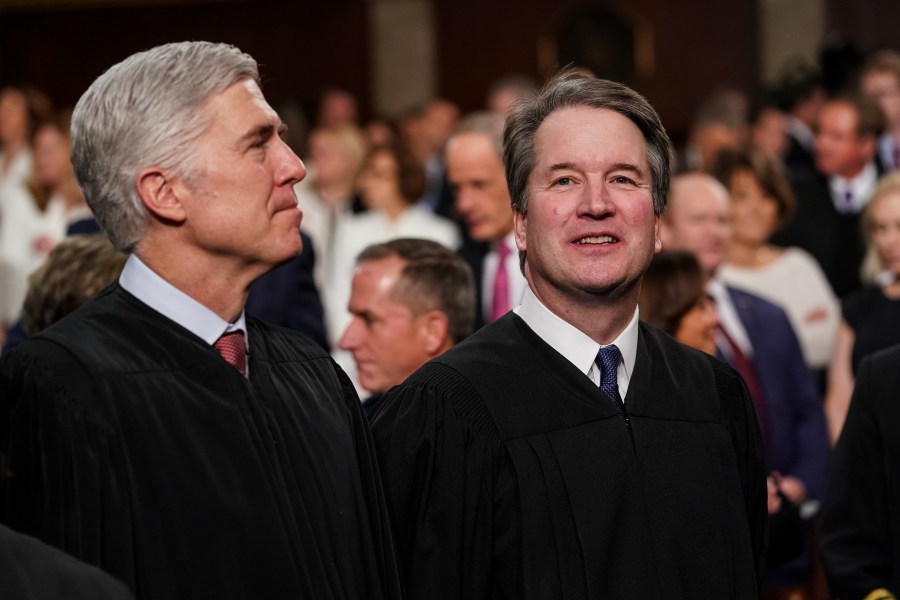
McConnell has not yet specified the timing of possible nomination hearings.
Ginsburg, a champion of women’s rights and the second woman to serve on the Supreme Court, was nominated by President Bill Clinton in 1993.
